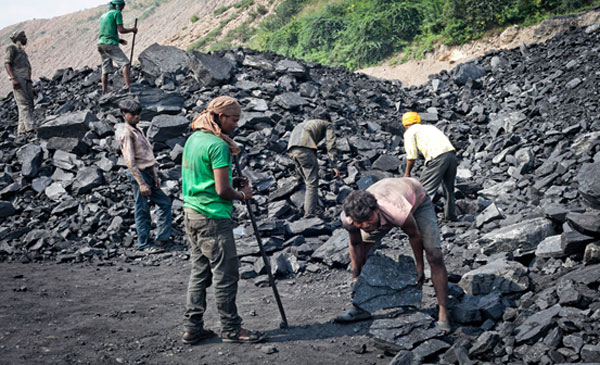10 years after their district was declared “critically polluted” residents of “energy capital” Singrauli struggle to stay alive amid 10 towering coal plants, fly ash, coal dust, fluoride, mercury poisoning and huge state apathy: courts require “hard evidence of personal injury.” Pollution-management plans are only on paper, “there’s no way to monitor” (Every village was to have Reverse Osmosis plant, there’s none on the ground).
Experts say India’s Industrial pollution data is not shared with people. CPCB officials said lack of confidence in the data being shared by industries is one reason it is not made public.
About The Author
You may also like
India asks power companies to order $33 billion in equipment to boost coal power output
India’s first pilot project for underground coal gasification launched in Jharkhand
Increasing oil and gas production among top priority, says India’s petroleum minister
A faster clean energy transition will make energy cheaper, not more costly: IEA
India’s energy sector: Ten years of progress, but in fits and starts


